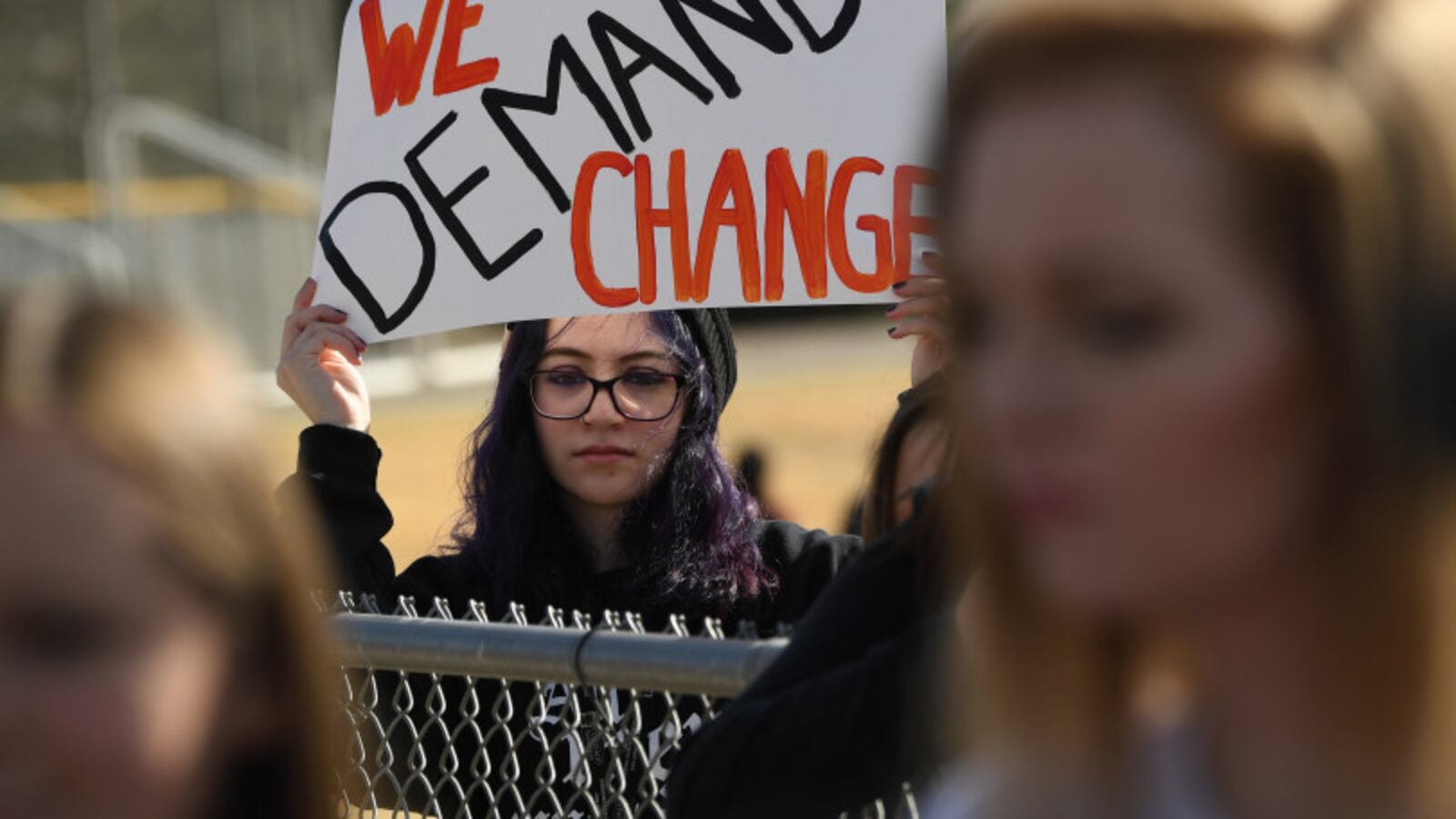Students marching Saturday in Memphis against gun violence say they are not only protesting the shootings that killed 17 people last month at a Florida high school. They also are speaking out against shootings that happen daily in their own city.
Seventeen-year-old John Chatman says he fears school shootings, but he especially fears the common gun violence in his neighborhood of South Memphis. He has lost close friends to shootings.
“It can happen anywhere, anytime,” said Chatman, a junior at George Washington Carver College and Career Academy. “I think [this march] is a great stand. We should protest against school shootings. But we have to talk about what kids like me are seeing in Memphis on the daily.”
Memphis had 200 homicides in 2017, down from 228 the previous year, the deadliest year recorded in the city in two decades.
Chatman is one of hundreds of Memphians expected to participate in this weekend’s March for Our Lives event as part of a nationwide protest sparked by the Feb. 14 school shooting in Parkland, Florida. The largest march will be in Washington, D.C., where up to a half million protesters are expected, but smaller demonstrations are planned in cities and towns across the nation. In Tennessee, other marches are slated for Jackson, Nashville, Chattanooga, Knoxville, Clarksville, Cookeville, and Johnson City.
The Memphis march will start at 10 a.m. at Claiborne Temple, and Savanah Thompson will be there. One of more than a dozen student organizers, she worries that news about people getting shot has become commonplace.
“Being in Memphis, you get used to hearing about gun violence,” said Thompson, a freshman at White Station High School. “This affects the youth in our city. … We never want a school shooting to happen in Memphis or anywhere ever again.”
Alyssa Kieren, a student leader at Collierville High School, hopes the march fosters a sense of unity.
“We’re trying to stress that this isn’t a partisan issue,” Kieren said. “We have to acknowledge there is a problem and we have to come up with solutions. … The thing we’re upset about is that children are dying in our schools, and they’re dying in our city.”

